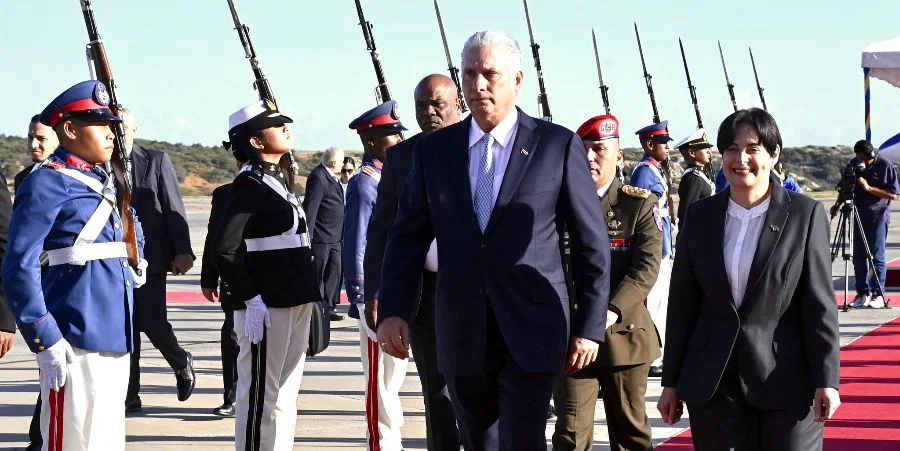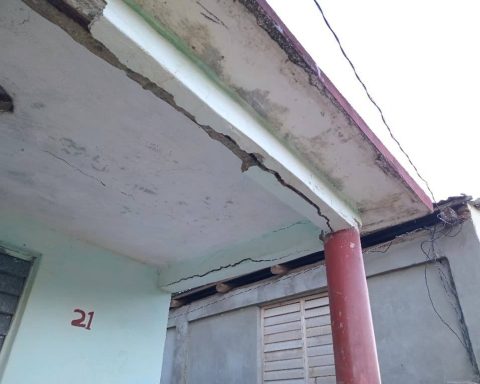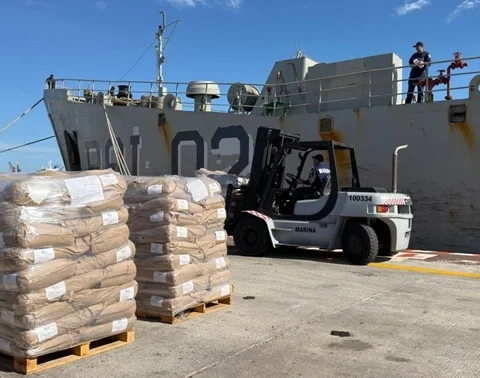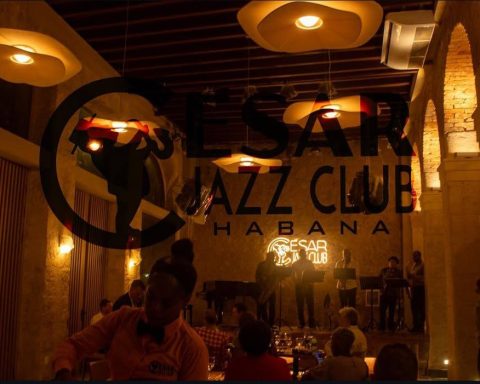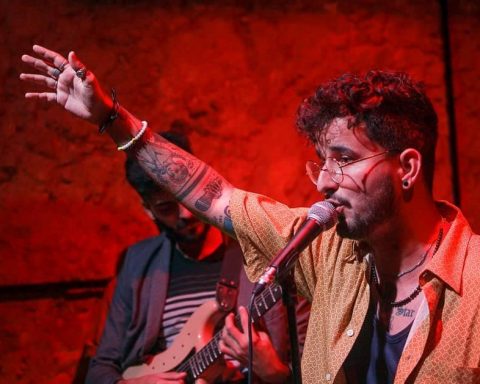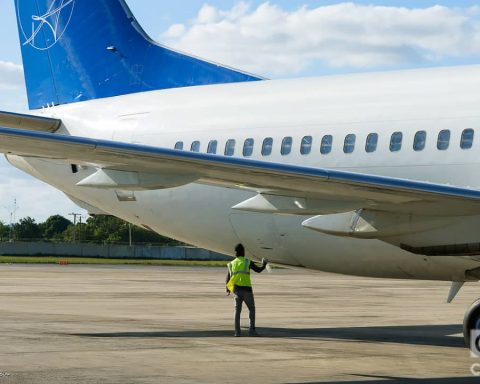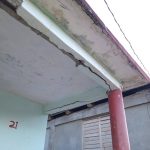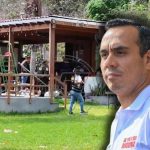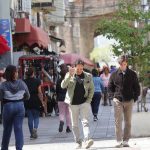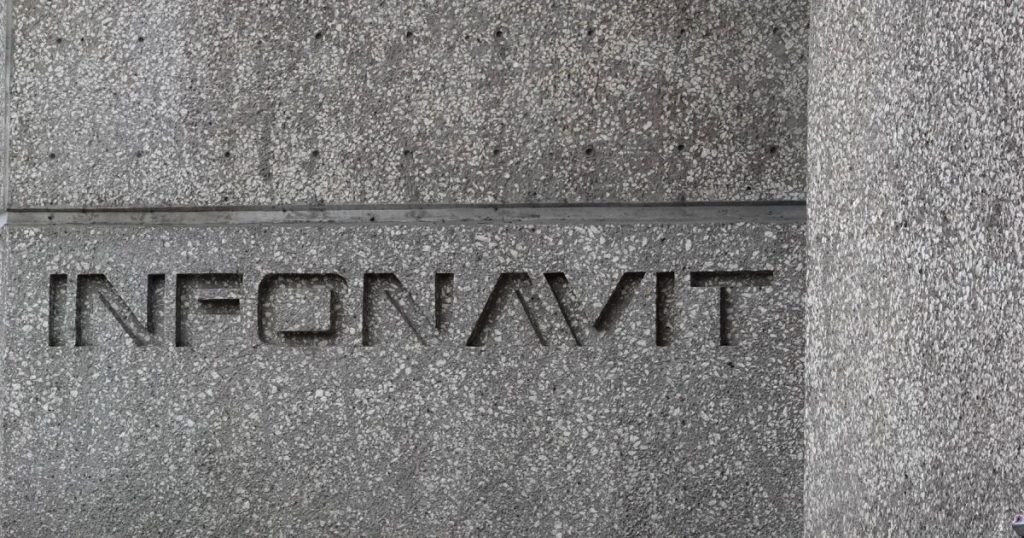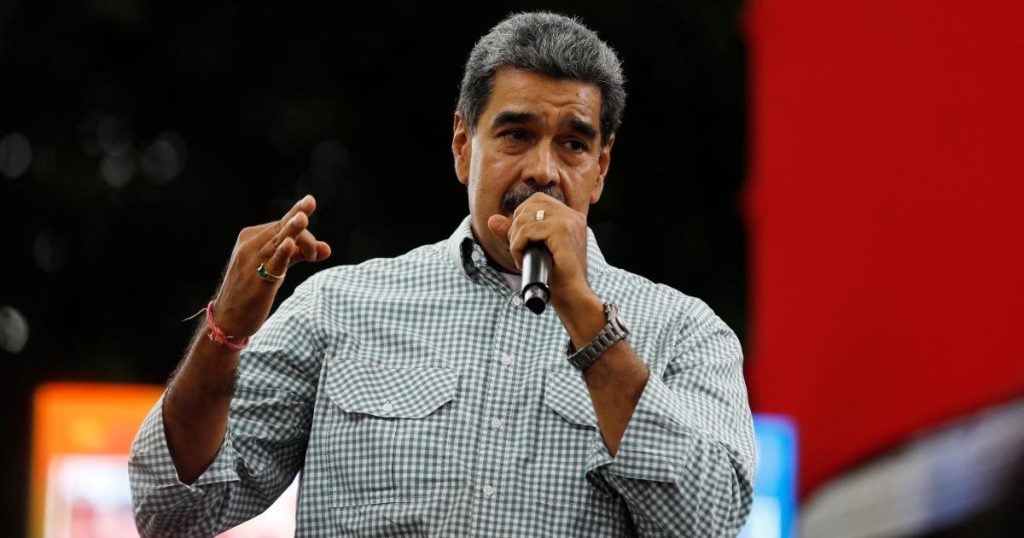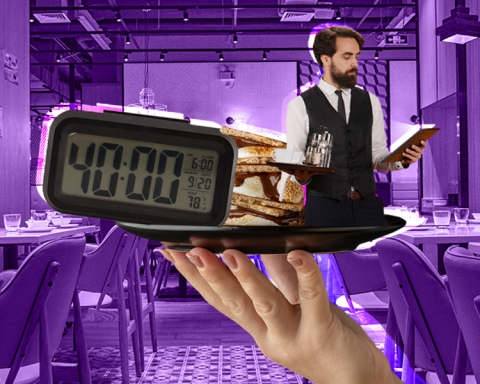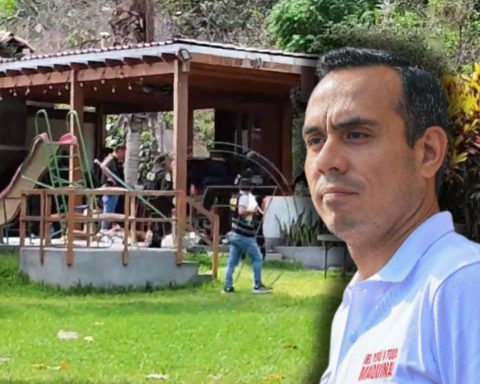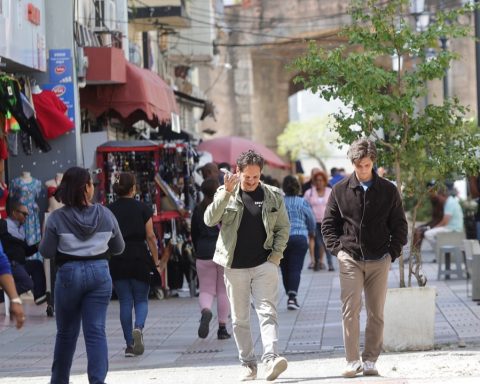MIAMI, United States. –The Cuban ruler, Miguel Díaz-Canel, arrived this Friday in Venezuela to attend the controversial inauguration of dictator Nicolás Maduro, who hopes to be sworn in before the Legislative Branch for a third six-year term without having shown the election minutes.
“After 8:00 am local time, after traveling just over 2,000 kilometers that separate the two capitals, the plane that brought the head of State”, reported the account of the Presidency of Cuba on the social network
According to official information, Díaz-Canel was received by Gabriela Jiménez, sectoral vice president for Science, Technology, Education and Health of Venezuela, along with Dagoberto Rodríguez, ambassador of the Cuban regime in Caracas.
The president was accompanied by Foreign Minister Bruno Rodríguez Parrilla, the head of the International Relations Department of the PCC Central Committee, Emilio Lozada, and other officials who were not identified.
According to the Presidency of Cuba, this is the seventh time that Díaz-Canel travels to Venezuela since he assumed his position as “president.”
Although the minutes presented by the opposition give victory to opposition leader Edmundo González Urrutia, the island’s regime insists that Maduro was “legitimately re-elected by the Venezuelan people.”
In the Venezuelan elections – described as “fraudulent” by the opposition, several governments and international organizations – the National Electoral Council (CNE) awarded victory to Nicolás Maduro with 51.2% of the votes, compared to 44.2%. of the opponent Edmundo González Urrutia. However, the opposition, which made 85% of the minutes public, assures that the real result favors González Urrutia.
Despite international criticism, the Cuban regime was one of the first to recognize Maduro’s supposed triumph. Díaz-Canel himself published a series of messages on the social network -imperialist”. In the first of his publications About the Venezuelan elections, dated July 28, he wrote:
“Today the dignity and courage of the Venezuelan people triumphed over pressures and manipulations. I convey to Brother President Nicolás Maduro our affectionate congratulations for this historic victory and the commitment of Cuba to be together with the Bolivarian and Chavista Revolution.”
Brother @NicolasMaduroyour victory, which is that of the Bolivarian and Chavista people, cleanly defeated the pro-imperialist opposition in an unequivocal manner. Thus they also defeated the regional, interventionist and Monroist right. The people spoke and the Revolution won.
— Miguel Díaz-Canel Bermúdez (@DiazCanelB) July 29, 2024
In another of your messagesOn July 30, the Cuban leader attacked those who objected to the results of the elections:
“Those who chanted fraud before the elections; those who disqualify Nicolás Maduro’s triumph without arguments; The coup plotters and the guarimberos on duty are on the side of those who hate and destroy, that of the enemies of Venezuela and Our America.”
Meanwhile, Cuban Foreign Minister Bruno Rodríguez has reiterated his government’s support for Caracas. On July 24, in his X account, he emphasized “all” the support of his government for Venezuela “in the face of interventionist, interventionist and imperialist actions.” “The Bolivarian and Chavista Revolution will continue to be victorious as its people chose,” he said.
Opposition sources and some Latin American governments have repeatedly demanded that the election minutes be verified, given doubts about the legitimacy of the re-election. Organizations such as the Organization of American States (OAS) have also spoken out, asking the CNE for the “immediate publication” of all electoral documentation and independent verification of the results.
Despite this, Havana has maintained a firm discourse of solidarity with the Venezuelan ruler. On August 16, Rodríguez Parrilla condemned the resolution approved by the OAS, which had already declared the July 28 elections “illegitimate.”
“As we warned, an interventionist resolution was imposed on Venezuela in the OAS. That organization (…) lacks the authority to urge our countries to submit to spurious mandates. Cease the interference”, wrote.
A few days later, the Ministry of Foreign Affairs (MINREX) of Cuba issued a statement in which he tried to distance himself from accusations of interference in Venezuela and, once again, supported the result of the elections and the Maduro regime.
